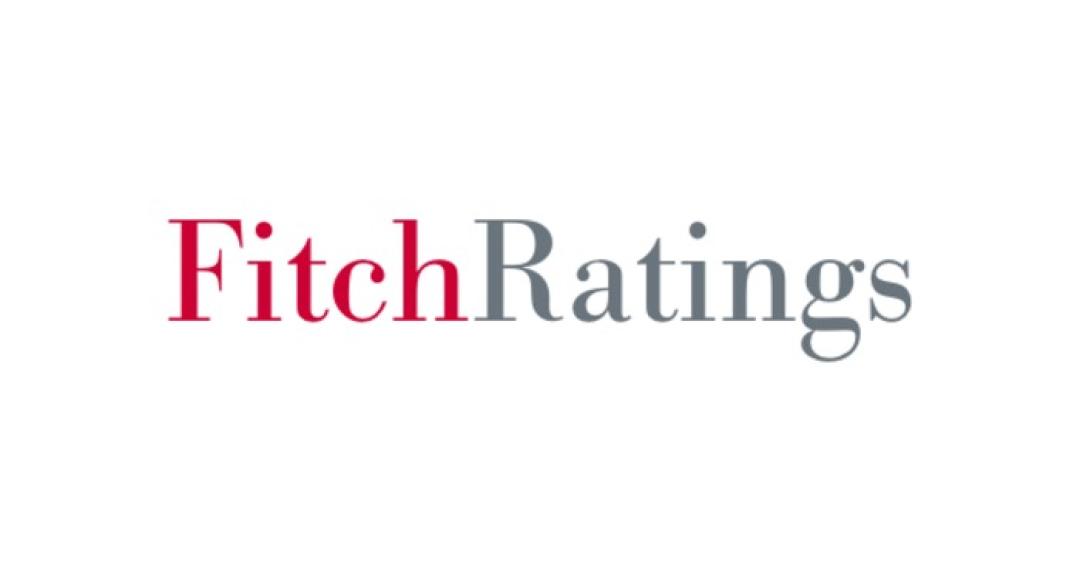
Fitch Revises Armenia's Outlook to Positive; Mentions Probability of War with Azerbaijan

On February 10, Fitch published its report on Armenia and revised Armenia's outlook to positive.
The organization stated that an influx of immigrants (estimated by the authorities at about 65,000) from Russia, Ukraine, and Belarus, representing a 2.2% annual increase in the population, has boosted external as well as macroeconomic and fiscal performance. "The exact scale of the immigration is hard to quantify, given the open migration regime for Russians in Armenia, and the durability of this positive shock is still uncertain. However, it led to a 140% increase in remittances/money transfers. Fitch anticipates that a substantial proportion of new immigrants will stay in Armenia for at least two to three years and sees a substantial chance that some of the positive effects will endure," it added.
Regarding strengthening external finances, Fitch emphasized, "The external inflows led to a marked improvement in the external balance sheet for Armenia. Fitch estimates the current account to have registered a small surplus in 2022 (current 'B' median: -3.8%; 'BB' median: -4.1%), based on 1Q-3Q outturns, the first annual surplus on record, which contributed to an increase in FX reserves by USD880 million to USD4.1 billion in 2022. We expect a return to moderate deficits in 2023 and 2024."
"In addition, net external debt fell by around 12pp to an estimated 44.5% of GDP in 2022 (current 'B' median: 26.6%; 'BB' median: 15.4%). Separately, in December 2022, the IMF approved a USD171 million three-year Stand-By Arrangement (SBA), which is being treated as precautionary by the Armenian authorities, and will provide a policy anchor and limited buffer in case of any negative external shocks, such as a reversal of the recent inflows," it added.
The organization said: "The Armenian economy is estimated to have grown by 11.6% in 2022, a 15-year high, boosted by the large influx of migrants, which also provides an upside to potential growth (currently estimated at 4.5%). Fitch estimates growth will slow to 6.1% in 2023 and 4.7% in 2024. Growth will be driven by personal consumption, relatively stable exports (notably to Russia as Armenia replaces import sources that have become disrupted by sanctions), and an expected increase in public investment."
About fiscal outperformance and debt reduction, it stated, "The fiscal deficit fell from 4.6% in 2021 to 2.2% of GDP in 2022, below the government's target of 2.5% (current 'B' median: 2.7%; 'BB' median 3.3%) amid tax revenue growth of 18% and a decline in capex of 10%. Public debt fell by nearly 13pp to 47.6% in 2022, driven in large part by the exchange rate appreciation (about 18% vs. the US dollar in 2022) and robust real GDP growth. Fitch expects debt to stabilize at around 47.4% of GDP in the medium term. A sharp exchange rate depreciation is the primary risk to debt dynamics, given that 62.1% of public debt is FX-denominated as of 2022 (end-2021: 71.2%)."
Regarding geopolitical risks, Fitch underlined, "Tensions with Azerbaijan escalated in 2H22, with renewed military hostilities in the disputed Nagorno-Karabakh region and Azerbaijani territorial incursions into Armenian border regions, which it continues to hold. Azeri protestors have blockaded Armenia's access to Nagorno-Karabakh since December, and negotiations on a peace agreement have stalled. While a full-scale conflict is not our base case, the potential for renewed fighting remains, although any broader macroeconomic impact will probably be limited. Russia's peacekeeping role in the region has complicated Armenia's ties with it, given the former's perceived lack of support for the Armenian position in the territorial dispute."
"Armenia is exceptionally dependent on Russia for its energy supplies, and there are few credible signs of diversification. Russia is also Armenia's largest export market and source of imports, as well as an important source of remittances. Armenia is cautiously navigating the tension between its close relations with Russia and its relations with the EU and the US with regards to sanctions on Russia," it added.
Read also:
See Also


Simonyan: “Armenia Should Trade with Turkey and Azerbaijan Instead of Closing Borders”

Mirzoyan Meets US Deputy Assistant Secretary Joshua Huck

Azerbaijani President Holds Talks with UAE and German Business Delegations on Economic Cooperation

Grigoryan Confirms Armenia’s Readiness to Dissolve OSCE Minsk Group Upon Peace Treaty Signing

